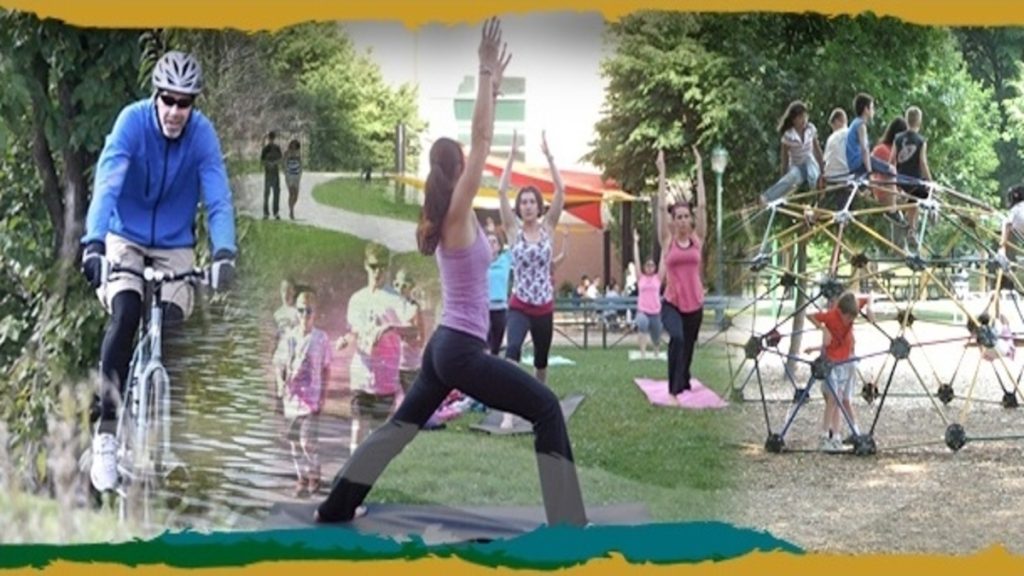
Description:
For students to acquire knowledge about Leisure theories and recreation facilities management. The students will also be introduced to the various aspects of leisure as a sector in the hospitality and tourism industry, the philosophy of life and leisure, the historical development of leisure, leisure dimensions, conceptions, approaches, descriptions, leisure as a social problem, factors that influence participation, leisure needs and planning, leisure and sustainable environment.
Course code: BLTH 1203
Course credit: 10
Pre-requisites: None
Academic year: 2024-2025
Lecturer: Josephine Gatsinzi
Course Objectives:The main objective of this module is to equip students with knowledge and skills about leisure theories and recreation facilities management. While the specific objectives are to:
- Define the concept of leisure from different perspectives.
- Explain the historical development of leisure.
- Introduce the theories of leisure to students i.e. the philosophy of life and leisure.
- Discuss the factors that influence leisure participation.
- Explain the need for leisure planning, management in a sustainable way.
By the end of this module, learners should be able to:
- Understand key leisure theories and their impact on human behavior, well-being, and social interactions.
- Analyze the role of recreation in enhancing quality of life, community engagement, and economic development.
- Explain the principles of recreation facilities management, including planning, design, and operations.
- Identify different types of recreation facilities and their functions in leisure and tourism industries.
- Demonstrate knowledge of facility maintenance, safety procedures, and risk management in recreational settings.
- Develop strategies for effective programming and service delivery in leisure and recreation management.
- Apply financial and administrative principles in budgeting, staffing, and resource allocation for recreation facilities.
- Evaluate sustainability practices in the operation and management of recreational spaces.
- Enhance customer service skills to improve user experience and engagement in recreational activities.
- Assess emerging trends and innovations in leisure and recreation management to adapt to changing industry demands.
This module provides a comprehensive foundation in leisure theories and recreation facility operations, equipping students with the knowledge and skills needed for careers in recreation management, hospitality, tourism, and community development.
- Teacher: ict office

